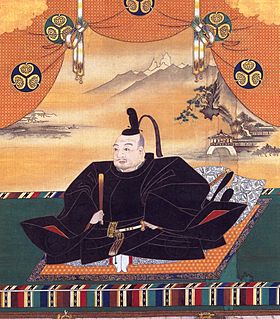A Quote by Keith B. McMullin
Mortal life is like unto the traveler on a homeward journey.
Related Quotes
Whenever we choose to come unto Christ, take His name upon us, and follow His servants, we progress along the path to eternal life. In our mortal journey, it is helpful to remember that the opposite is also true: when we don't keep the commandments or follow the promptings of the Holy Ghost, our opportunities are reduced; our abilities to act and progress are diminished.
In the deep jungles of Africa, a traveler was making a long trek. Coolies had been engaged from a tribe to carry the loads. The first day they marched rapidly and went far. The traveler had high hopes of a speedy journey. But the second morning these jungle tribesmen refused to move. For some strange reason they just sat and rested. On inquiry as to the reason for this strange behavior, the traveler was informed that they had gone too fast the first day, and that they were now waiting for their souls to catch up with their bodies.
I am convinced that pilgrimage is still a bona fide spirit-renewing ritual. But I also believe in pilgrimage as a powerful metaphor for any journey with the purpose of finding something that matters deeply to the traveler. With a deepening of focus, keen prepartion, attention to the path below our feet, and respect for the destination at hand, it is possible to transform, even the most ordinary journey into a sacred journey, a pligrimage.
When you are starting away, leaving your more familiar fields, for a little adventure like a walk, you look at every object with a traveler's, or at least with historical, eyes; you pause on the first bridge, where an ordinary walk hardly commences, and begin to observe and moralize like a traveler. It is worth the while to see your native village thus sometimes, as if you were a traveler passing through it, commenting on your neighbors as strangers.
Real spiritual journey in life is the discovery of self. I think once you take all the religious bullshit away from Jesus Christ, it's saying it's about this journey of discovering who you are, and what's really important in life is simply love. That the journey of civilization, the journey of understanding, is forgiveness, is empathy. And that's what humanity is striving for.































